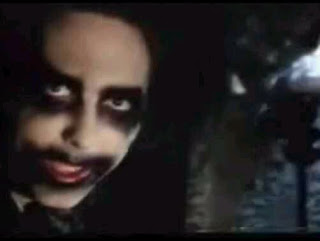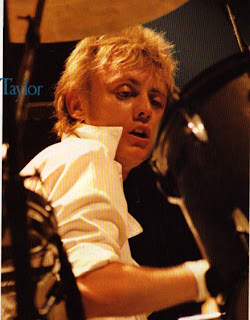

I'd never thought about it before, but there are striking similarities between the compositional approaches of Antonio Vivaldi [top] and Anton Bruckner. Both use what could be called "cell" technique, where a short musical fragment is repeated many times and built upon by adding instruments and modulating. This is used instead of a longer melodic line. Bruckner was trained as an organist, so he would have known baroque music. Probably Bruckner scholars have recognized this parallel for a hundred years, but we each learn in our own time...
























